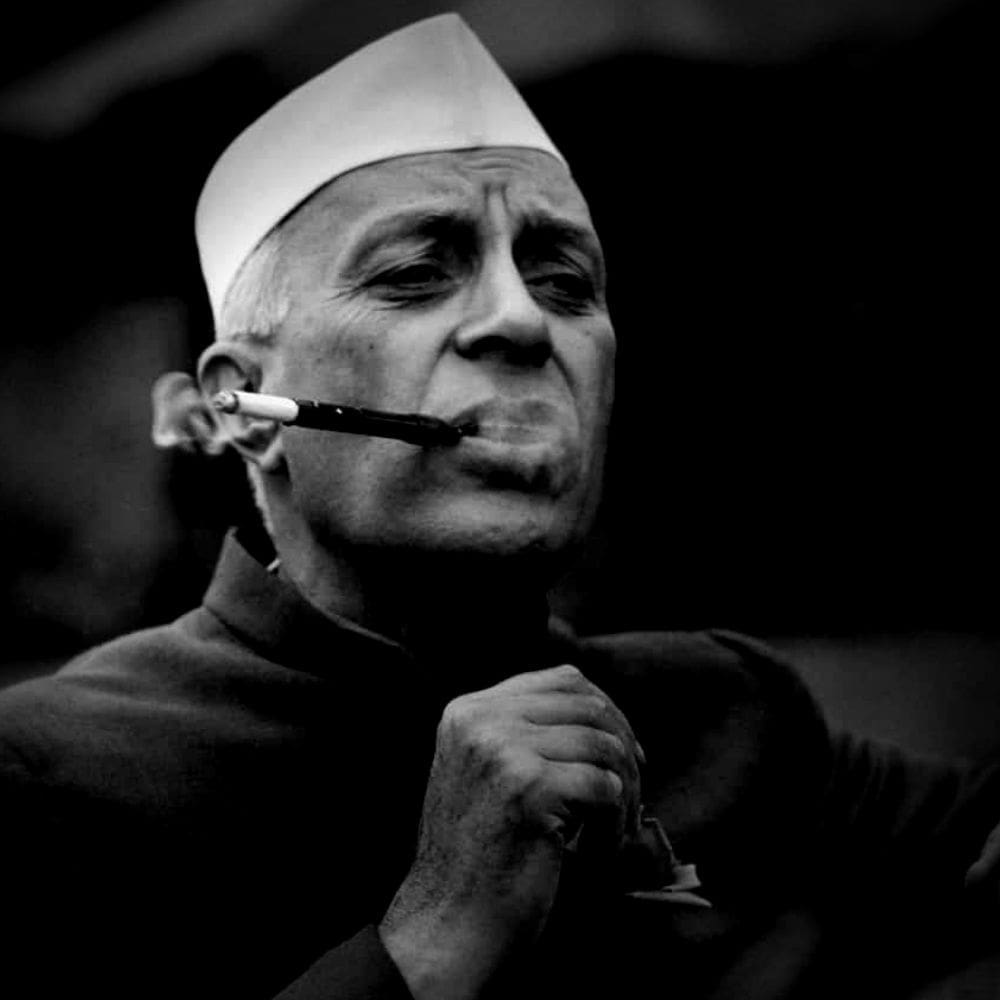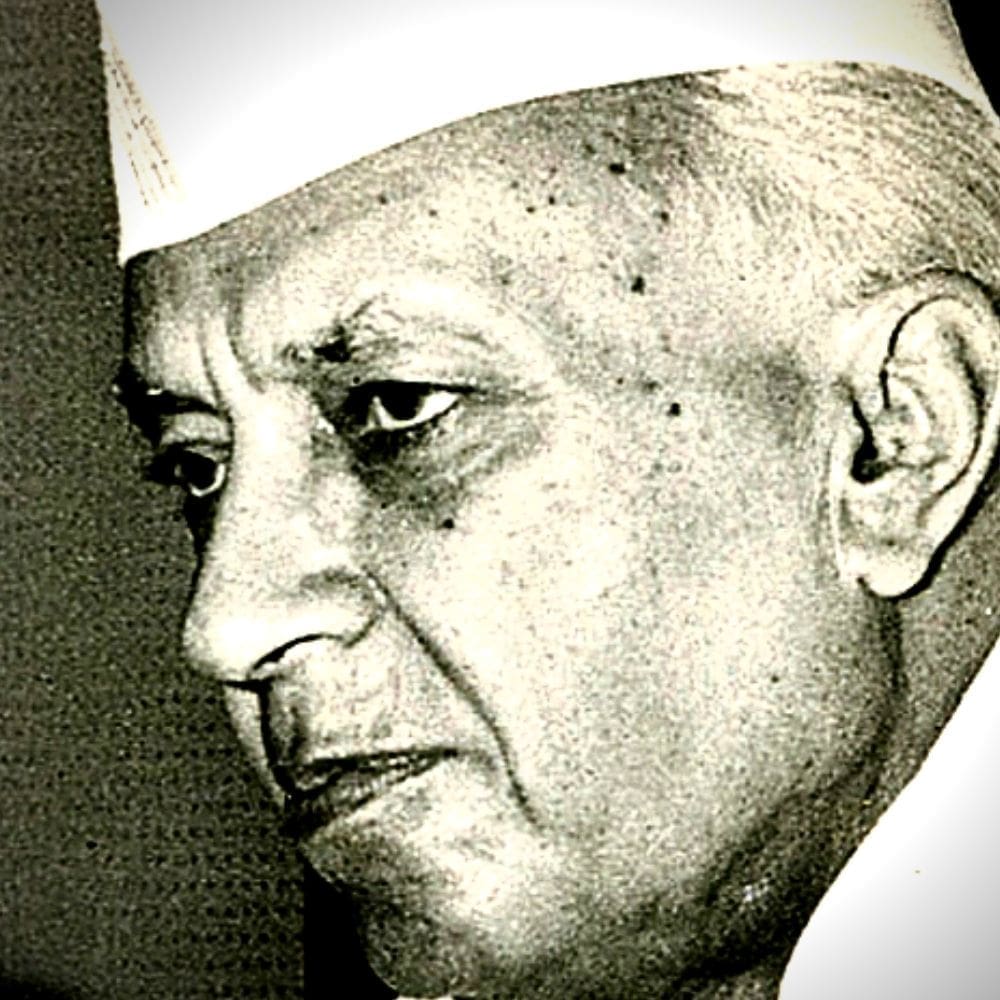GIVING AWAY 55 CRORES TO PAKISTAN
India and Pakistan had agreed in November 1947 that Rupees 55 crores remained to be transferred to Pakistan, as its share of the assets of undivided India. However, at the insistence of Sardar Patel, India informed Pakistan, within two hours of the agreement, that the actual implementation of the agreement would hinge on a settlement on Kashmir. Said Sardar Patel:
“In the division of assets we treated Pakistan generously. But we cannot tolerate even a pie being spent for making bullets to be shot at us. The settlement of assets is like a consent decree. The decree will be executed when all the outstanding points are satisfactorily settled.”
Pakistan had been pressing India for rupees 55 crores (over USD 500 million in today’s terms). In the Cabinet meeting in January 1948 Sardar Patel stated that the money if given would surely be used by Pakistan to arm itself for use in Kashmir, hence the payment should be delayed. Dr Shyama Prasad Mukherjee, NV Gadgil and Dr BR Ambedkar backed Patel. Nehru too expressed his total agreement. The Cabinet therefore decided to withhold the money. Sardar Patel told in a Press Conference on 12 January 1948 that the issue of 55 crores could not be dissociated from the other related issues.
Gandhi conveyed to Patel the next day (13 January 1948) that withholding 55 crores from Pakistan was what Mountbatten had opined to him as “a dishonourable act… unstatesman-like and unwise”, and what he [Gandhi] thought was immoral. Patel was furious and asked of Mountbatten: “How can you as a constitutional Governor-General do this behind my back? Do you know the facts?…”
Gandhi was apparently innocent of the fact that Mountbatten and the British were bent upon favouring Pakistan—even on Kashmir, despite Pakistan’s aggression. How could a top leader be so blind to the realities? Unfortunately, Nehru, rather than supporting Patel, and sticking to what he had himself agreed to, and had got passed in the Cabinet, went back on his commitment, and commented to Gandhi: “Yes, it was passed [in the Cabinet] but we don’t have a case. It is legal quibbling.”
Gandhi and Nehru, rather than being prudent about what was in the best interest of the nation, went by what the British colonial representative Mountbatten, having his own axe to grind, had to say, and the Cabinet decision was reversed to let Pakistan have the money, and trouble India further in J&K! Going by the net results, effectively, it appears that for Gandhi maintaining “Brand Mahatma”, and its associated “morality” was more important—the question is why didn’t Gandhi and Mountbatten consider the immorality of Pakistan in attacking Kashmir which had already acceded to India? If Pakistan had agreed to desist from its illegal action in Kashmir, it would have got the money anyway.
Further, Gandhi wanted to look good in the eyes of the Muslims in Pakistan and India. Ignore national interest for the sake of appeasement, and your own image! And for Nehru, kowtowing to Mountbatten and Gandhi was a priority, rather than standing up for the Cabinet decision, of which he was a part. People like Sardar Patel were out of place in such a scenario. Gandhi went on a fast to force the issue in his favour (it was one of the several issues that led him to fast). Patel yielded, Gandhi won, and India lost. Wrote Rajmohan Gandhi:
“Wounded by Mountbatten’s backbiting and Jawaharlal’s disloyalty and bitter at Gandhi’s stand on the 55 crores, Patel felt too that the timing of Gandhi’s fast ‘was hopelessly wrong’.”
All those leaders, including Mountbatten and Nehru, who encouraged or prompted Gandhi into that unreasonable position [of going on fast] were indirectly guilty of his untimely death. Patel had said something similar to General Roy Bucher: “At our meeting in Dehra Dun, the Sardar [Patel] told me that those who persuaded the Mahatma to suggest that monies (Rs. 55 crore) held in India should be despatched to Pakistan were responsible for the tragedy, and that after the monies were sent off, the Mahatma was moved up to be the first to be assassinated on the books of a very well-known Hindu revolutionary society. I distinctly remember the Sardar saying: ‘You know quite well that for Gandhi to express a wish was almost an order.’ ”It was on Gandhi’s insistence that [his] security had been withdrawn.”



